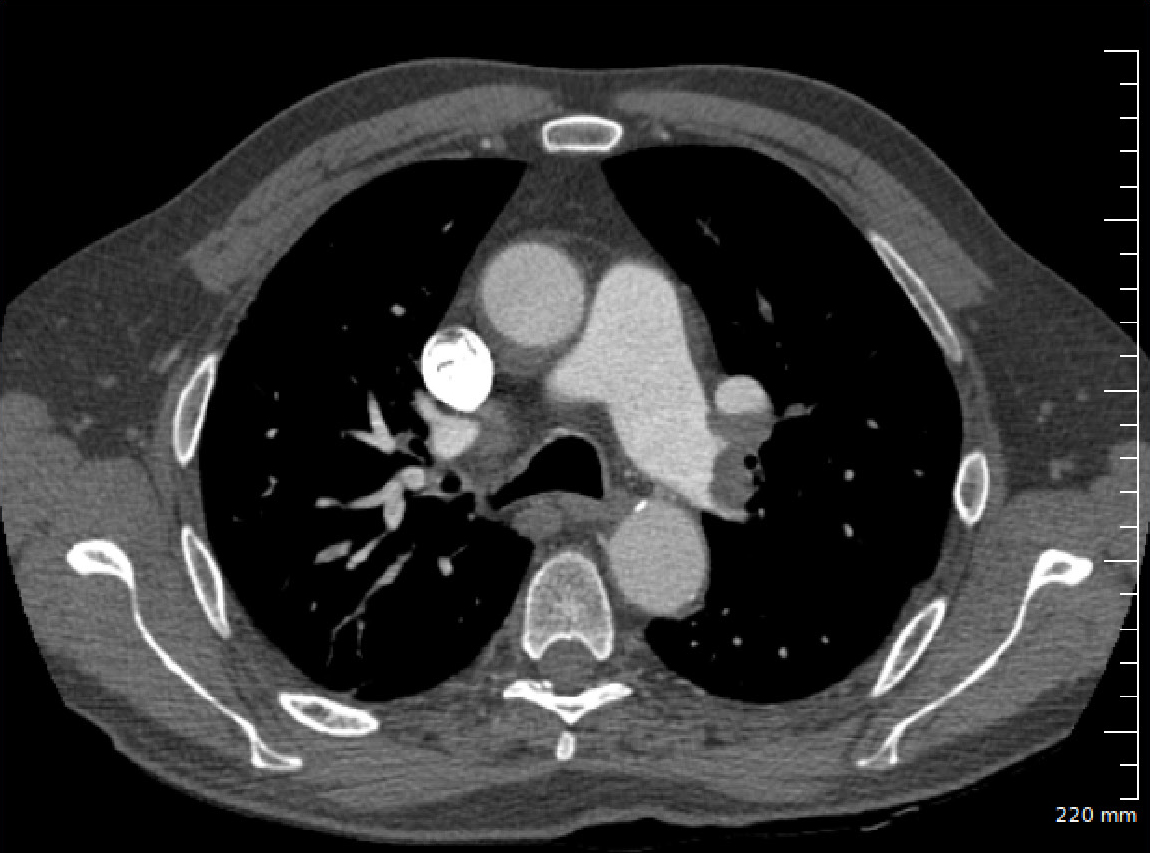PREVALENCIA DE DELIRIUM POSTQUIRÚRGICO Y SU RELACIÓN CON DISFUNCIÓN EJECUTIVA PREQUIRÚRGICA EN PACIENTES MAYORES DE 60 AÑOS DEL HOSPITAL DE ESPECIALIDADES CMN SIGLO XXI
Main Article Content
Abstract
El delirium, se caracteriza por alteraciones de las funciones cognoscitivas, de inicio agudo y curso fluctuante, de etiología compleja y a menudomultifactorial, ocurre en el 5-15% de los pacientes después una cirugía no cardiaca. Se sugiere que la disminución de las funciones ejecutivas,puede predecir delirium postquirúrgico en ausencia de deterioro cognitivo. El objetivo del estudio fue estimar la prevalencia de deliriumpostquirúrgico en pacientes mayores de 60 años del Hospital de Especialidades CMN Siglo XXI, y su relación con el desempeño en pruebasde funcionamiento ejecutivo previas a intervención quirúrgica no cardiaca.Este es un un estudio transversal en pacientes entre 60 y 85 años, programados para cirugía de las diversas especialidades. Se les aplicó: Pruebade retención de dígitos inverso, Fluidez verbal, Fluidez fonológica, Stroop tiempo interferencia y Stroop aciertos interferencia (NEUROPSI) yTrail Making Test A y B para valorar funciones ejecutivas. Para el diagnóstico de delirium se utilizó el Confusion Assessment Method (CAM)y para determinar su gravedad el Delirium Rating Scale-Revised-98 (DRS-R-98). Se realizó chi cuadrada y t de student con STATA 11.Se estudió a 64 pacientes mayores de 60 años, edad promedio 67.68 (7.67). La prevalencia de delirium fue de 10.94% (7); y el servicio de Angiologíapresento el mayor porcentaje con 42.86%(3). El 57.14%(4) desarrollo delirium subclínico y el 42.85% (3) desarrollo delirium grave. Se observarondiferencias significativas en la prueba de memoria de trabajo con un rendimiento leve a moderado en pacientes con delirium (28.57%) vs nodelirium (5.26%) (p=0.05); rendimiento leve a moderado mayor en Prueba Stroop en pacientes con delirium (85.71% vs 35.09%) (p=0.05);promedio menor de palabras en fluidez verbal para pacientes con delirium [14.28 (5.85)] vs no delirium [18.18 (4.66)], (p=0.025). Observamosuna relación entre disfunción ejecutiva prequirurgica y desarrollo de delirium post quirúrgico, particularmente con memoria de trabajo, fluidezverbal y Stroop aciertos interferencia. Los pacientes que desarrollaron delirium obtuvieron un bajo rendimiento en las pruebas de funcionamientoejecutivo y una disminución en la velocidad de procesamiento. Esto sugiere que, a pesar de estar funcionalmente normales tienen alteracionescognitivas preexistentes, en función, en muchas ocasiones, de la reserva cognitiva.
Delirium is characterized by alterations of the cognitive functions, of sudden onset and fluctuating course, of complex etiology and oftenmultifactorial, it happens in 5-15% after a non-cardiac surgery. It is suggested that executive dysfunction can predict postoperative delirium inthe absence of cognitive impairment.The main goal of this study was to estimate the prevalence of postoperative delirium in 60 year old patients of the Hospital de EspecialidadesCMN Siglo XXI, and its relationship with the performance in tests of executive function before elective noncardiac surgery.A cross sectional study was conducted in patients between 60 and 85-years-old programmed for surgery of diverse specialities. A brief batteryof neuropsychological tests was administered: Digits inversely retention Test, Verbal Fluency, Phonological Fluency, Stroop Interference Test(NEUROPSI) and Trail Making Test A and B to assess executive functions. The diagnosis of delirium was made with the Confusion AssessmentMethod (CAM) and for determining his gravity the Delirium Rating Scale-Revised-98 (DRS-R-98). Chi-square tests for categorical data and t testsfor continuous data were performed with the statistical package STATA 11.Sixty-four patients, older than 60 years, participated in this study, with an average age of 67.68 (7.67). The overall prevalence of delirium was10.94% (7); the angiology service presented the major percent with 42.86% (3). 57.14% (4) developed subclinical delirium and 42.85% (3)developed severe delirium. Significant differences were observed in Digit inversely retention test (working memory) with a mild to moderateperformance in patients with delirium (28.57 %) vs not delirium (5.26%) (p=0.05); mild to moderate performance in Stroop Interference Testin patients with delirium (85.71% vs 35.09%) (p=0.05); the average of words in verbal fluency was lower for patients with delirium [14.28 (5.85)]than for patients with not delirium [18.18 (4.66)], (p=0.025).A relationship between preoperative executive dysfunction and the development of postoperative delirium was observed, particularly with thefollowing tests: Digit inversely retention test (working memory), Verbal fluency and The Stroop interference test (inhibition). The patients whodeveloped delirium obtained a lower performance in executive functioning and a decrease in the processing speed than non-delirium patients.This suggests that, in spite of being functionally normal, they have cognitive preexisting alterations probably due to the cognitive reserve.
Article Details
Citas en Dimensions Service

Vertientes by Universidad Nacional Autónoma de México is licensed under a Creative Commons Reconocimiento-NoComercial-SinObraDerivada 4.0 Internacional License.
Creado a partir de la obra en http://www.zaragoza.unam.mx.

